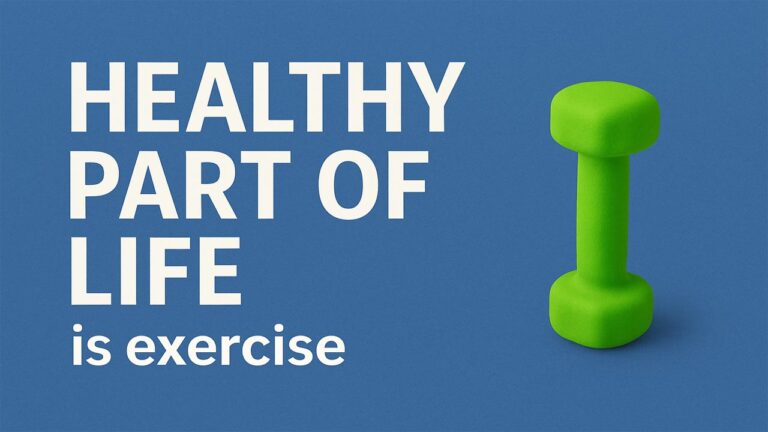Physical activity and exercise are major contributors to a healthy lifestyle; people are made to use their bodies, and disuse leads to unhealthy living. Unhealthy living may manifest itself in obesity, weakness, lack of endurance, and overall poor health that may foster disease development.
Benefits of exercising regularly:
Thirty minutes of modest exercise (walking is OK) at least 3 to 5 days a week is recommended, but the greatest health benefits come from exercising most days of the week.
Exercise can be broken up into smaller 10-minute sessions.
- Exercise can be broken up into smaller 10-minute sessions. Thirty minutes of modest exercise (walking is OK) at least 3 to 5 days a week is recommended, but the greatest health benefits come from exercising most days of the week. Start slowly and progress gradually to avoid injury or excessive soreness or fatigue. Over time, build up to 30 to 60 minutes of moderate to vigorous exercise every day. People are never too old to start exercising. Even frail, elderly individuals (70-90 years of age) can improve their strength and balance with exercise. Almost any type of exercise (resistance, water aerobics, walking, swimming, weights, yoga, and many others) is helpful for everybody. Children need exercise; play outside of the home is a good beginning. Sports for children may provide excellent opportunities for exercise, but care must be taken not to overdo certain exercises (for example, throwing too many pitches in baseball may harm a joint like the elbow or shoulder) Exertion during strenuous exercise may make a person tired and sore, but if pain occurs, stop the exercise until the pain source is discovered; the person may need to seek medical help and advice about continuation of such exercise.
People are never too old to start exercising. Even frail, elderly individuals (70-90 years of age) can improve their strength and balance with exercise.
Every day think of the best solution for yourself.
Consequences of physical inactivity and lack of exercise include:
Physical inactivity and lack of exercise are associated with heart disease and some cancers.
Physical inactivity and lack of exercise are associated with type II diabetes mellitus (also known as maturity.
or adult-onset, non-insulin-dependent diabetes.
Physical inactivity and lack of exercise contribute to weight gain.

Your comment will appear immediately after submission.